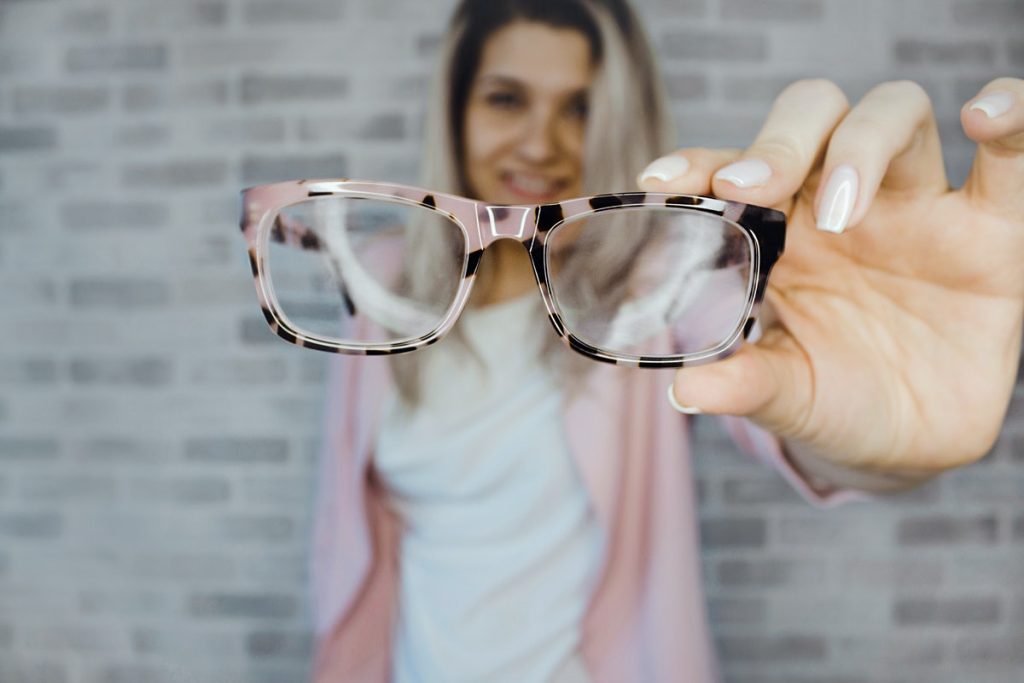Your eyesight is an integral part of your daily life. It helps you get around, stay independent, and complete big and small tasks. So, when visual impairment occurs, it can be challenging to adjust.
Visual impairment is a condition wherein your eyesight is reduced or even lost completely. It can result from several eye conditions such as macular degeneration, diabetic retinopathy, and glaucoma. According to statistics, up to 14 million people in the United States have a visual impairment.
The good news is that there are different ways to cope with visual impairment. With the right attitude and care, leading a happy and fulfilling life even with this condition is still possible. Here are some ways to stay independent despite your visual impairment:
Get Regular Checkups
Get regular checkups if your doctor diagnosed you with a condition that could lead to visual impairment. This will help monitor your condition’s progression and determine the best course of treatment. Early detection and treatment can help prevent or delay vision loss.
If you have diabetes, for instance, getting regular eye exams is essential. Diabetic retinopathy is a common complication of diabetes that can cause visual impairment. But timely treatment can help prevent or delay vision loss.
If you suspect that you have a vision problem, don’t wait to get it checked out. Make an appointment with your eye doctor right away. Let them know of your concerns, taking note of the date when you first experienced eye problems and any intervention you’ve done so far.
Use Assistive Devices
It can be challenging to do daily tasks when you have a visual impairment. Having difficulties seeing what you are doing can put you at risk for accidents and affect your productivity at work or school. Fortunately, assistive devices can help make it easier for you to do tasks, both big and small.
Smart Glasses
One of the in-demand aids for visually impaired patients is smart glasses. These are specialty glasses powered by Artificial Intelligence. These glasses adapt your eyes for you to see clearer.
Today’s smart glasses have smart functionalities that allow users’ eyes to adapt to light quickly and enhance images, making it easier to recognize texts and objects. These are usually lightweight, have tactile buttons, and have a robust HD camera for that seamless experience. When looking for one, find a supplier that has a customizable visor to ensure a perfect fit.
Braille Labelers
Reading can be challenging when you are visually impaired. This can be dangerous, especially if you are trying to identify food items in the kitchen. Braille labelers can help make it easier for you to identify things around the house.
This handy device can help you identify products and food items around the house. Braille labelers also come with an audio function for you to hear what’s written on the label. This assistive device can quickly identify items around the house and avoid mix-ups.
Talking Clocks or Watches
It can be difficult to tell the time when you can’t see the clock. This is where talking clocks and watches come in handy. These devices announce the time out loud to easily keep track of time.
There are also watches with Braille markings to feel the time. There are also digital talking watches that announce the time with the push of a button.
Cane
Canes are a great tool for people with visual impairments. They can help with everything from getting around to picking things up from the ground. There are different types of canes available, so it’s important to find the one best suited for your needs.
Some canes have sensors that detect obstacles in your path, while others have lights to help you see in the dark. There are also talking canes that announce the distance to obstacles in front of you. Whatever your needs, there is a cane that can help you become more independent.

Learn Braille
Aside from assistive devices, learning Braille can help you become more independent. This will enable you to read and write, even if you can’t see any longer.
Braille is a system of raised dots that can be read with the fingers. Braille allows read books and write notes, but it can also be used to label household items, such as canned goods and spices.
According to research, people who know Braille are more likely to be employed and have a higher income than those who don’t.
There are different ways to learn Braille. One is to take courses at a local community center or online. Another is to get books and other resources from the National Library Service for the Blind and Physically Handicapped.
Ask Help in Organizing Your Home
Once you have the basic tools you need to get around, it’s time to start thinking about ways to make your home more accessible. The first step is to ask a loved one to help you organize your home. This will make it easier to find things and avoid accidents.
Start by putting frequently used items within easy reach. You can also use adhesive hooks to hang things like coats and bags, so they are easy to grab when you leave the house. If you have stairs in your home, install a handrail to help you stay safe.
As for unnecessary clutter, get rid of it. Not only will this make your home more accessible, but it will also help you eliminate distractions and live a simpler life.
These are just a few ideas to get you started on the path to independence. Remember that visual impairment does not have to define you. With a bit of effort, you can find the independence and freedom you deserve.


